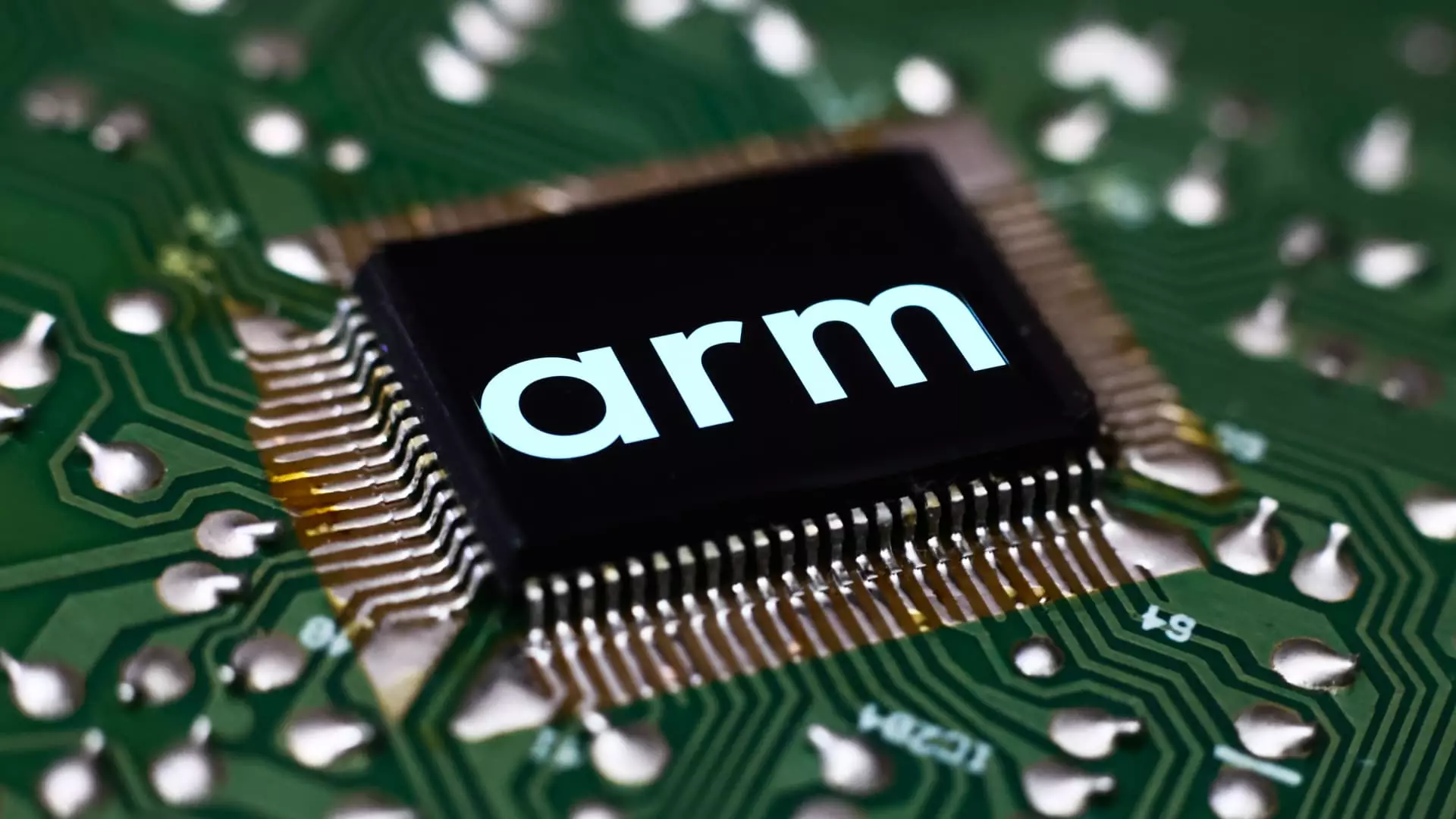The global semiconductor industry is on the brink of a major transformation, with the rise of artificial intelligence (AI) PCs powered by chips developed by British chip designer Arm. According to analysts at Morgan Stanley, the demand for more powerful PCs to run AI applications is driving this shift in the industry. The energy conservation and thermal control capabilities of Arm-based central processing units are expected to lead to longer battery life and more compact designs, giving them a competitive edge in power efficiency.
The Impact of Arm-based AI PCs
Morgan Stanley predicts that the introduction of Arm-based AI PCs will have significant implications for the global semiconductor industry. With AI applications becoming increasingly prevalent in everyday computing tasks, the need for high-performance PCs capable of handling the computational demands of AI algorithms is growing. In particular, the bank highlights the challenge of running generative AI apps in the background without compromising battery life or thermal performance in laptop PCs.
The analysts at Morgan Stanley estimate that AI PCs will achieve a penetration rate of 95% by 2027, a considerable increase from the current rate of 8% in 2024. They project that total shipments of Windows on Arm (WOA) PC chips will reach 65 million units in 2028, compared to just 2 million units in 2024. This growth is expected to be primarily driven by the adoption of Arm-based CPUs in AI servers and other computing devices.
Investors looking to capitalize on the trend towards Arm-based AI PCs should consider companies like TSMC, MediaTek, Nvidia, Qualcomm, Microsoft, and Arm itself. Original equipment manufacturers (OEMs) that prioritize the development of WOA devices are also likely to benefit from this shift in the industry. Morgan Stanley highlights the potential partnership between Nvidia and MediaTek to launch AI-focused CPU chips for WOA PCs as an exciting development to watch.
Taiwan Semiconductor Manufacturing Company (TSMC) is expected to see significant growth in its foundry market share as a result of the transition to Arm-based CPUs. With Intel outsourcing its CPU production and AMD gaining market share, TSMC stands to benefit from increased demand for chips based on the Arm architecture. The analysts at Morgan Stanley believe that Arm’s share gain over x86-based CPUs will bring more incremental revenue to TSMC in the coming years.
The emergence of Arm-based AI PCs is poised to reshape the semiconductor industry, driving demand for high-performance computing solutions capable of supporting advanced AI applications. Companies that are able to innovate and adapt to this changing landscape stand to benefit from the opportunities presented by this technological shift. As the industry continues to evolve, investors and stakeholders should closely monitor developments in the market to position themselves for success in the era of Arm-based AI PCs.


Leave a Reply